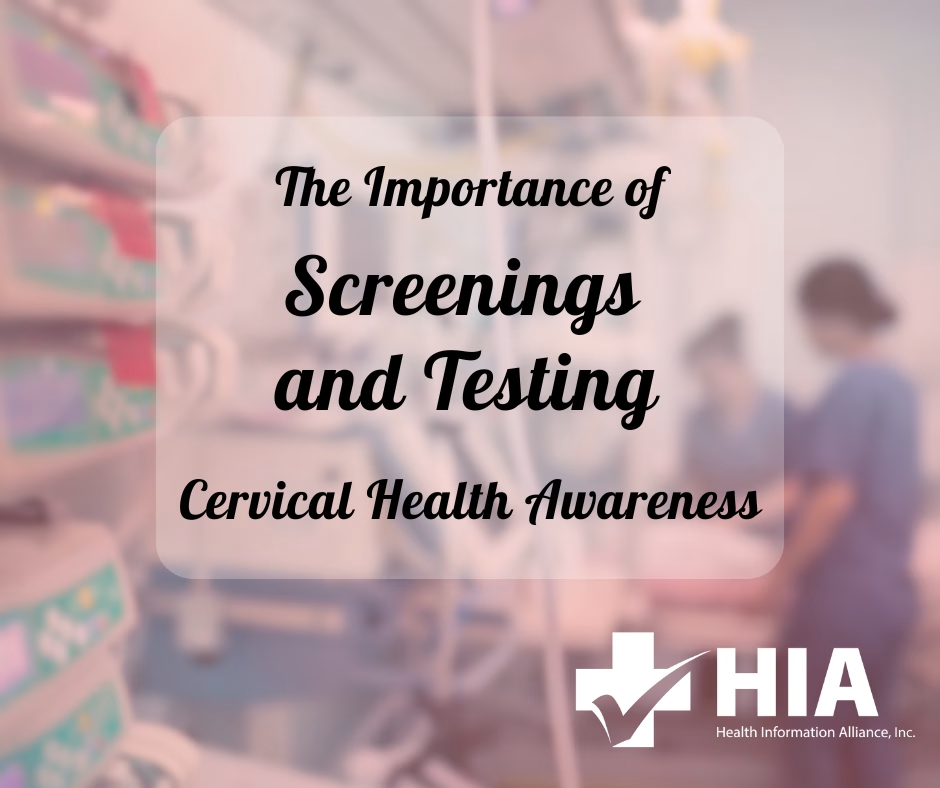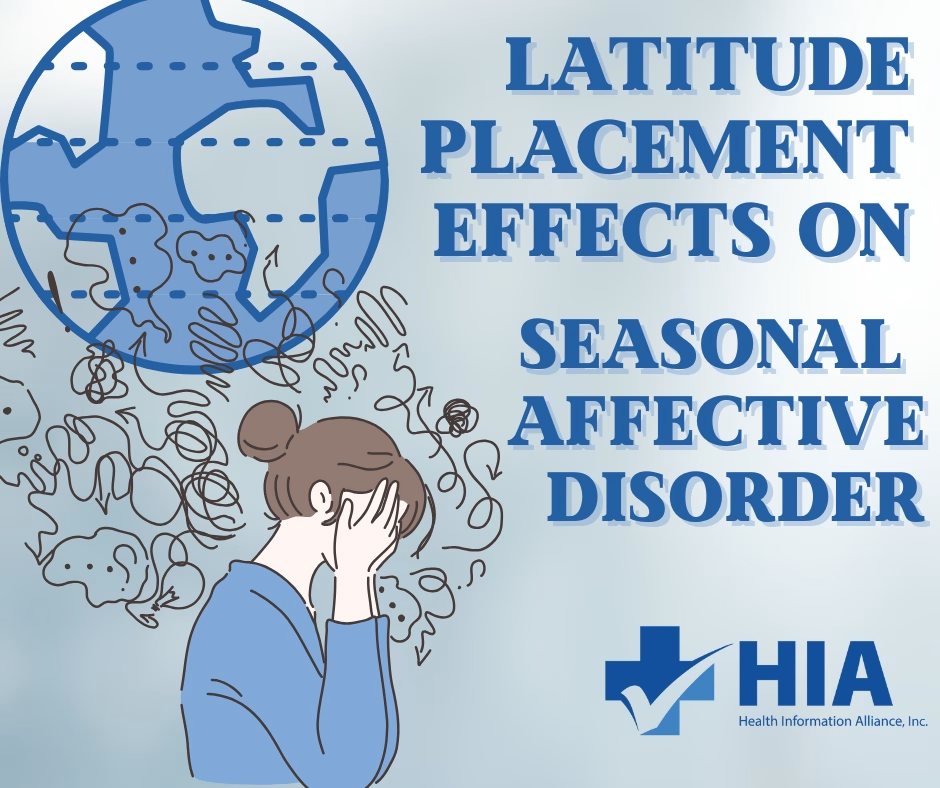What is Frontotemporal Dementia?
Believed to be affected by aphasia, a condition with which one has trouble speaking and understanding speech, Bruce Willis, the “Die Hard” American star, retired from acting in 2022, due to the disease’s symptoms. During this time, as mentioned, the star was unable to communicate or understand language. With the progression of his symptoms, which were no longer limited to communication challenges, further examination revealed a diagnosis of frontotemporal dementia, also known as frontotemporal degeneration (FTD).
Frontotemporal Dementia (FTD), as defined by the Alzheimer’s Association, is a group of disorders caused by progressive nerve cell loss in the brain’s frontal lobes. The loss of the nerve cells causes the lobes to shrink, and certain substances accumulate in the brain. While the etiology of FTD is unknown, the disorders have been found to be inherited in about a third of all cases, and studies have linked certain subtypes of FTD to mutations in several genes according to the John Hopkins Hospital’s assessment.
These brain disorders are said to be the most common among dementias and mainly affect individuals who are between the ages of 45 and 65. There are currently no known disease-modifying treatments for FTD, no cure, and no way to prevent the disease, according to the Association for Frontotemporal Degeneration (AFTD). While there is no specific treatment for FTD, the Alzheimer’s Association reports that certain medications are used to lessen agitation, irritability, and or depression. Further, Alzheimer’s Association noted that frontotemporal dementia inevitably gets worse over time, and the speed of decline differs from person to person. Signs and symptoms of the disease can also be different from one person to the next. Because of behavioral changes in an individual, the disease can be mistakenly diagnosed as a psychiatric problem or Alzheimer’s disease, as stated by the Alzheimer Association. According to the Mayo Clinic, the most common signs of frontotemporal dementia involve extreme changes in behavior and personality. Among these are increasingly inappropriate social behavior, loss of empathy and other interpersonal skills, such as having sensitivity to other’s feelings, lack of judgment, lack of inhibition, lack of interest or apathy, which can be mistaken for depression, repetitive, compulsive behavior, such as tapping, clapping, or smacking lips, a decline in personal hygiene, changes in eating habits, usually overeating, or developing a preference for sweets and carbohydrates, eating inedible objects, and compulsively wanting to put things in the mouth. Also, motor-related problems of FTD include tremors, rigidity, muscle spasms or twitches, poor coordination, difficulty swallowing, muscle weakness, inappropriate laughing or crying, and falls or walking problems.
After the onset of symptoms, the life expectancy of an individual with the disease is 7 to 13 years, according to the Association for Frontotemporal Degeneration. Having a family history of FTD or other similar disorders enhances the risk of developing the disease. The Alzheimer’s Association reports that there is genetic counseling and testing available for individuals with family histories of frontotemporal dementia. Help is available from the Association for the Frontotemporal Degeneration, your nearest Alzheimer’s Association office, CurePSP, and The Social Security Administration.
Here at HIA, our expert coders work to code a number of different types of conditions, including frontotemporal dementia. There are several codes that describe the extent of the disease, including G3109, which is unspecified as we are not aware of the extent of his conditon.






